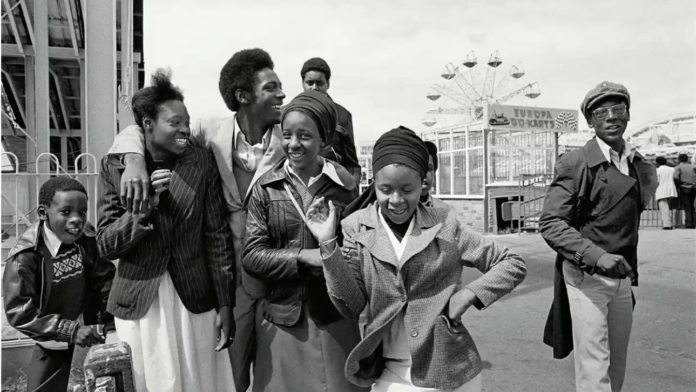Author: Kameron Virk
Affiliation: BBC
Organization/Publisher: BBC
Date/Place: June 9, 2020/UK
Type of Literature: Article
Word Count: 1720
Link: https://www.bbc.com/news/newsbeat-52939694
Keywords: Britain, Black history, Discrimination, The Black Curriculum, Lavinya Stennett
Brief:
Kameron Virk conducted an interview with Lavinya Stennett, founder of “The black Curriculum” in the UK, who aims to make aware of black British history in schools. In the interview Stennett gives examples of the black history by referring to the Ivory Bangle Lady whose remains are from the fourth century, John Blanke who was Henry VIII’s black trumpeter in the 15th century, and further points out that many historians believe that Queen Charlotte had African ancestry. Black history in the UK is not limited to London as she states. Glasgow, known for its sugar, tobacco, and cotton, had slaves from Jamaica, Trinidad and Barbados working on its fields. The slave owners of that time are “honoured” by prominent city center streets being named after them. Stennett adds that it is not enough to talk about slavery in the UK in general by highlighting involved white people as in the case of William Wilberforce, a British politician who campaigned to abolish slavery. A voice should also be given to black people involved in the abolition of the slave trade. Although black people were brought from the Caribbean to fight in World War I, Stennett mentions the occurrence of race riots of 1919 in Glasgow, Liverpool, Cardiff, and other seaports as a consequence of race conflicts due to the perception of the black man as a threat who takes away the white man’s jobs as well as “his women”. “Colour bars” in industries and sending back black people were the result. It was after World War II, that black people from the Caribbean and Africa, and Indians were asked to come to Britain to help rebuild the country. But still conflicts were around. One famous example of race conflict in modern times was the Bristol Bus boycott: The Omnibus Company in Bristol refused to employ black and Asian drivers, which led to a boycott of buses in the whole city. This boycott, as Stennett concludes, was not that easy, because discrimination was not illegal in the UK until 1965, when the first Race Relations Act was passed.
By: Dilek Yücel-Kamadan, CIGA Research Associate




